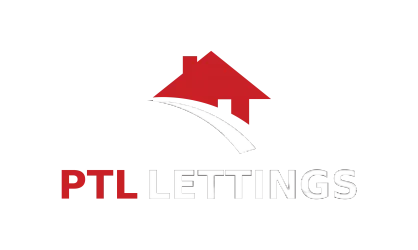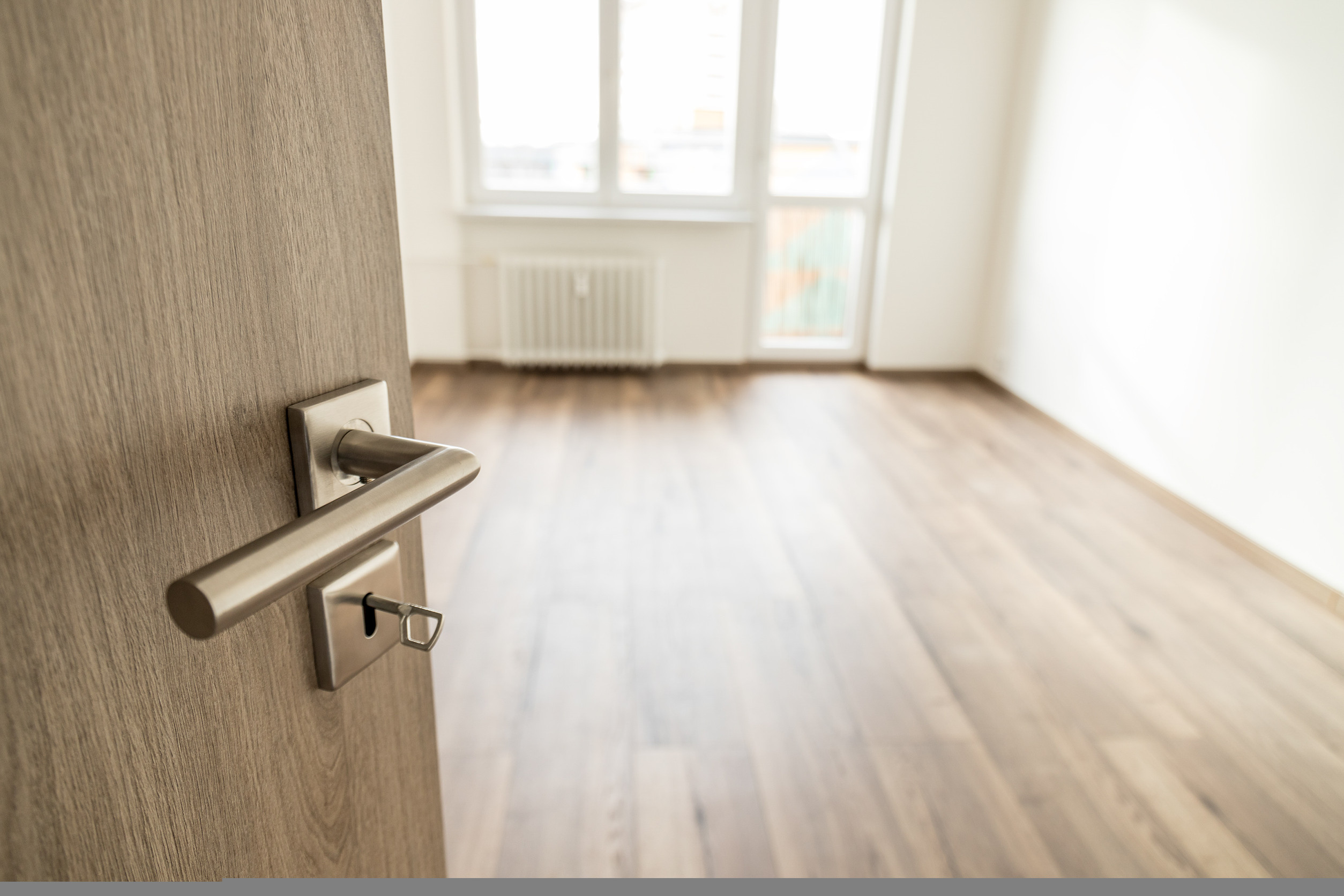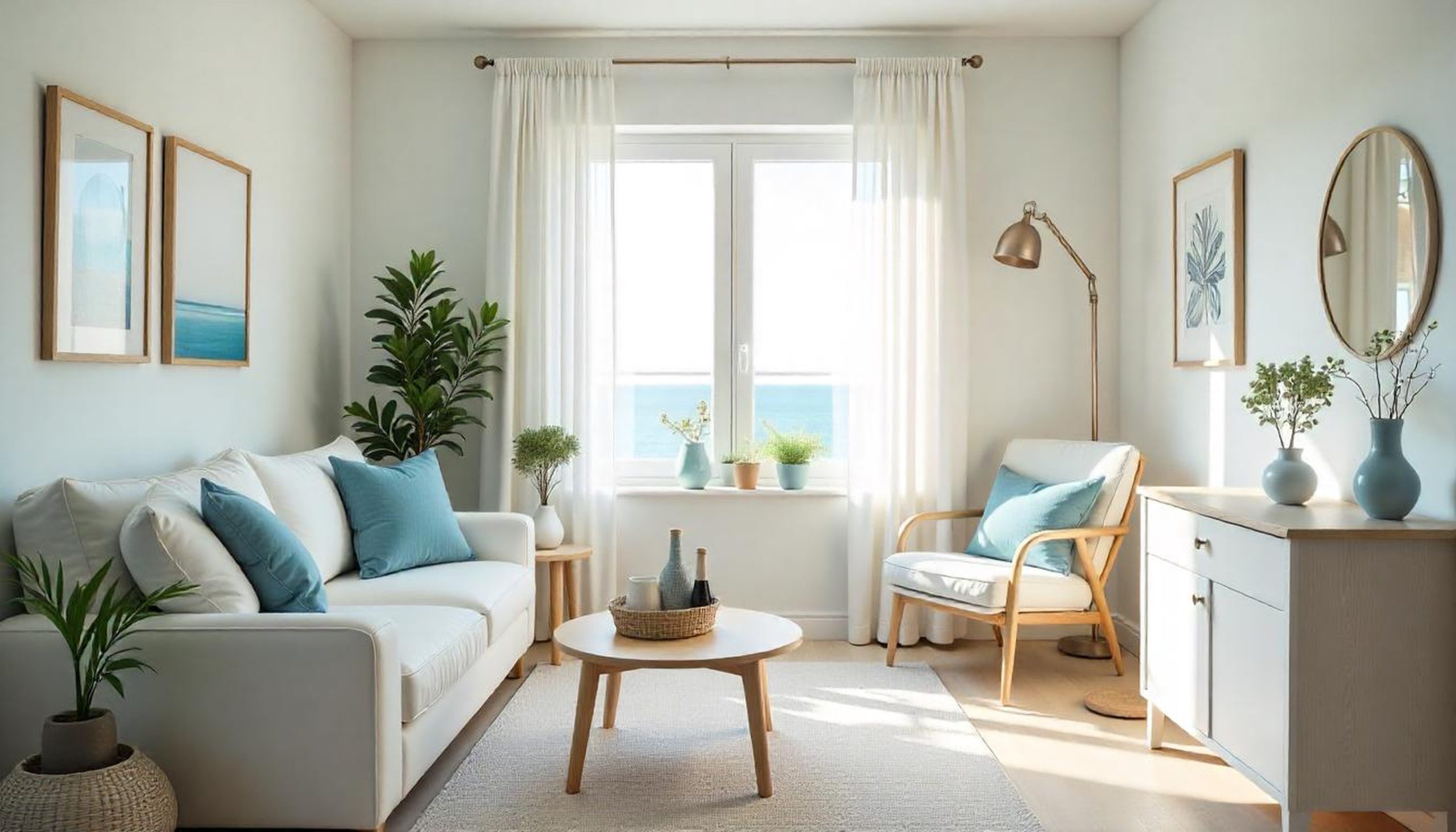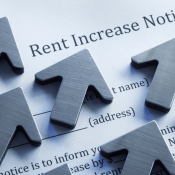Blog
- Home
- Blog
- Page 2
PTL Lettings
02 Oct 25
Landlord Tips: Renting to Tenants with Pets
If you’re a landlord in Peterborough, a situation you may have already encountered is making
PTL Lettings
28 Aug 25
Does a Garden Add Value to a Buy-to-Let Property?
We are often asked, does a garden add value to a buy-to-let property? And the
PTL Lettings
21 Aug 25
3 Tenancy Deposit Mistakes – And How to Fix Them
A tenancy deposit is a standard part of renting a home. It gives landlords some
PTL Lettings
14 Aug 25
Landlord’s Checklist for Preparing a Rental Property Between Tenants
When one tenant moves out and before another moves in, it’s a golden opportunity for
PTL Lettings
07 Aug 25
Dealing With Void Periods: Minimising Time Between Tenants for Landlords in Peterborough
Void periods, the times when your rental property is unoccupied, can have a significant financial
PTL Lettings
26 Jun 25
Dealing with Noise Complaints in Your Rental Property: A Guide for Landlords
Dealing with noise complaints is unfortunately part and parcel of being a landlord. Whether it’s
PTL Lettings
19 Jun 25
How to Market a Rental Property in Summer: Seasonal Tips to Stand Out
Summer is prime time for letting. With longer daylight hours, green gardens, and more people
PTL Lettings
12 Jun 25
Creating a Welcoming Rental Home: Small Touches That Make a Big Difference
When it comes to letting your property in Peterborough, it’s not just location and layout
PTL Lettings
05 Jun 25
Dealing With Pests in a Rental Property
As a landlord, dealing with pests in a rental property is one of those jobs
PTL Lettings
24 Apr 25
How to Handle Lease Extensions and Renewals: A Landlord’s Guide
Whether you’re managing a single property, or you have a larger portfolio, knowing how to
Recent Posts
All Categories
Tags
2026
advice for landlords
assured tenancy agreement
attract tenants
best tenants
buy-to-let
checklist
christmas tenancies
December
Diamond
festive tips for renters
garden
handling vacant rental properties
hybrid working
kerb appeal
landlords
legionaires disease
legionella
Letting
lettings
Luxury
Luxury Living
marketing
new year rentals
noise complaints
pest control
preparing a rental property
property inventories
property maintenance
property management
remote working
rental
rental demand
rental property
rentals
renters' rights act 2026
rent increases
renting
renting to tenants with pets
tenancy deposit
tenants
tips
void periods
winter rentals
work from home














